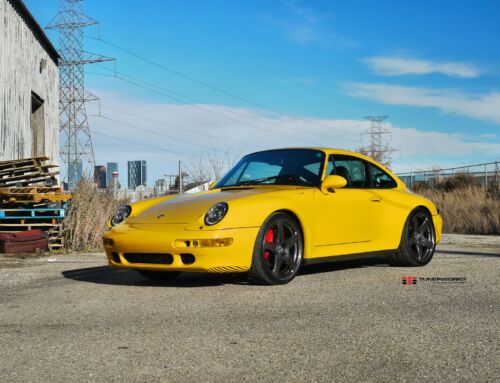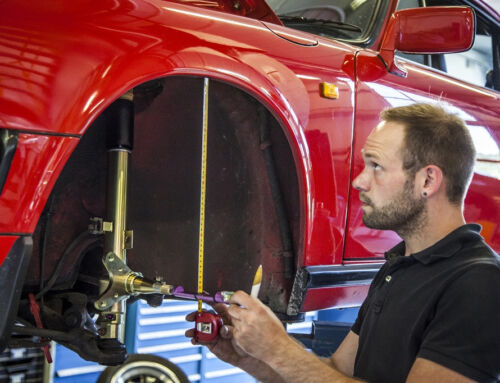Tunerworks ServiceThoughts On Fuel |
| |
Just like how our bodies respond to the food we eat, our vehicles will only achieve peak performance when they are given quality fuel. The old adage, “you are what you eat” holds true for our vehicles as well as our bodies. |

While oil is considered to be the lifeblood of your engine, fuel is the food. Just like how our bodies respond to the food we eat, our vehicles will only achieve peak performance when they are given quality fuel. The old adage, “you are what you eat” holds true for our vehicles as well as our bodies.
It doesn’t matter if what you’re driving is a vintage classic or a brand new rig, the requirement for quality fuel is the same. Air-cooled engines use finicky carburetors or old school fuel-injection, while modern liquid-cooled engines have sophisticated computers that monitor multiple engine parameters every second. Either way, the power and performance of your engine depend upon the fuel that it consumes.
Until EV’s (Electric Vehicles) completely dominate the industry, there will be quality fuel available all over the place. For this article, we’ll exclude diesel because we’re focused on performance vehicles, which typically take gas.
When you visit a gas station, you are typically presented with two choices to make:
With or Without Ethanol?
Ethanol is a cheap additive that companies use to increase the octane of gasoline. There are a number of reasons why it is best to avoid gasoline with added ethanol.
• Ethanol blended fuels burn less efficiently, therefore requiring more fuel to go the same distance.
• Ethanol is hygroscopic (it absorbs moisture from the air), thereby introducing water to your fuel system. Your fuel system does not like water.
• As an alcohol, ethanol will dry out components like gaskets and hoses prematurely.
• Ethanol is a solvent that can transport gunk throughout your engine. Even through small openings, like a carburetor jet or a fuel injector.
High or Low Octane?
Every vehicle comes with a recommended octane rating, and we suggest you use that suggestion as a starting point.
Although “Premium” fuel has the highest octane rating, the actual number varies; it may be 91, 93, or 94 depending on where you are and what station you visit. The main advantage of Premium fuel from reputable suppliers is that they will contain the best additive package and do not contain ethanol. Lower grades of fuel (87 or 89 octane) typically contain 5-10% ethanol.
The best way to make sure your vehicle runs efficiently and stays healthy is to choose Premium options. The additive package will contribute to overall engine health and you will be sure that you are not putting ethanol into your engine.
Which Fuel Should I Buy?
Without getting into a direct comparison of specific brands and trying to understand their proprietary additive packages, we recommend that you choose Premium non-ethanol fuel from a major supplier. Shell 91 octane and Chevron 94 octane are both favourites among motorists, but Premium fuels from the other common brands are also great options.
We understand that Premium fuel will cost more at the pump, but your car will thank you for giving it the fuel it deserves.





